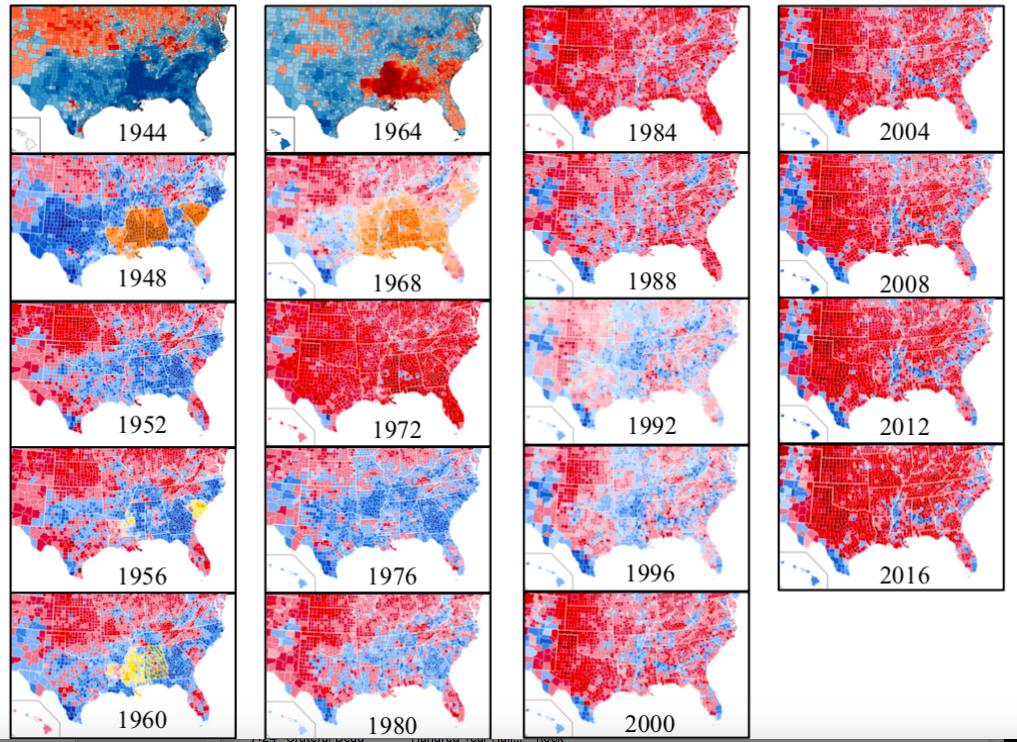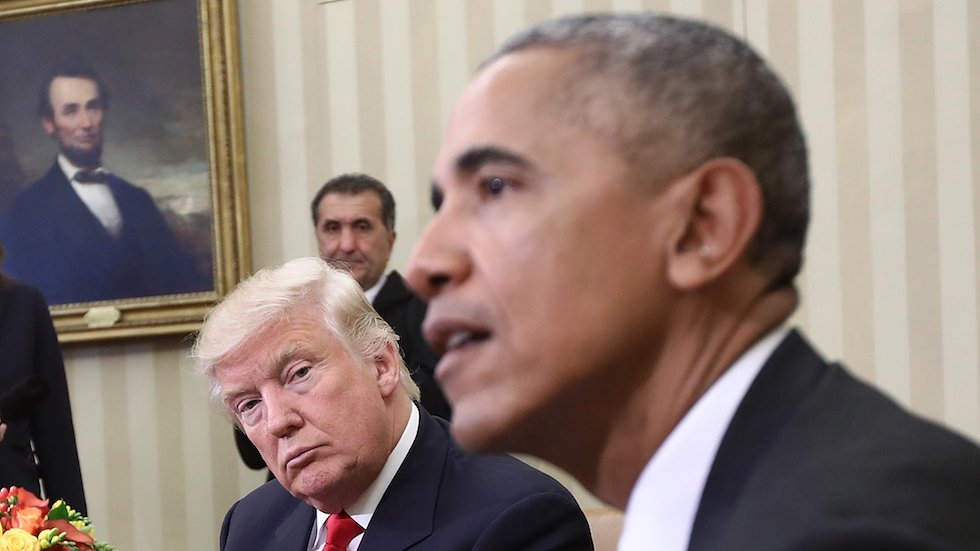This thread discusses how...
Crucially government also wants parliament to pass the WAB by 6 Nov
Here's the Unit's analysis of time given to other Brexit bills. The most similar comparator had 36 days of scrutiny:
This exchange between @bricksilk and @jillongovt is illuminating, with good graphs:
In addition there's a contradiction: if the WAB passes, why the urgency for an election?
After all, we just had a Queen's speech for a new government programme.
"If [the speech] is delivered in mid-October, and is swiftly followed by an election in November, then the ... Queen will have been used to make a Conservative party political broadcast"
constitution-unit.com/2019/10/03/hol…
First, this would be achieved through a bill, not a motion.
Second, it would put the WAB on hold, at least until after a general election.
Both of these differences are important.
And the bill would need to pass all stages in the Lords.
Very quickly!
And there's no "programming" of legislation in the Lords, so such a timetable would be very challenging indeed, even if the bill got through the Commons.
If the Conservatives won they'd presumably return to the WAB. This would leave a bit more scrutiny time, until 31 Jan, but not much.
Having just negotiated a deal the natural next step would appear to be for the government to focus on trying to get its bill through parliament.
Or a referendum amendment to the bill might seek to do the same
The second of these would definitely take us beyond 31 January. The first might as well.
This addresses the question of whether the five weeks could be cut:








